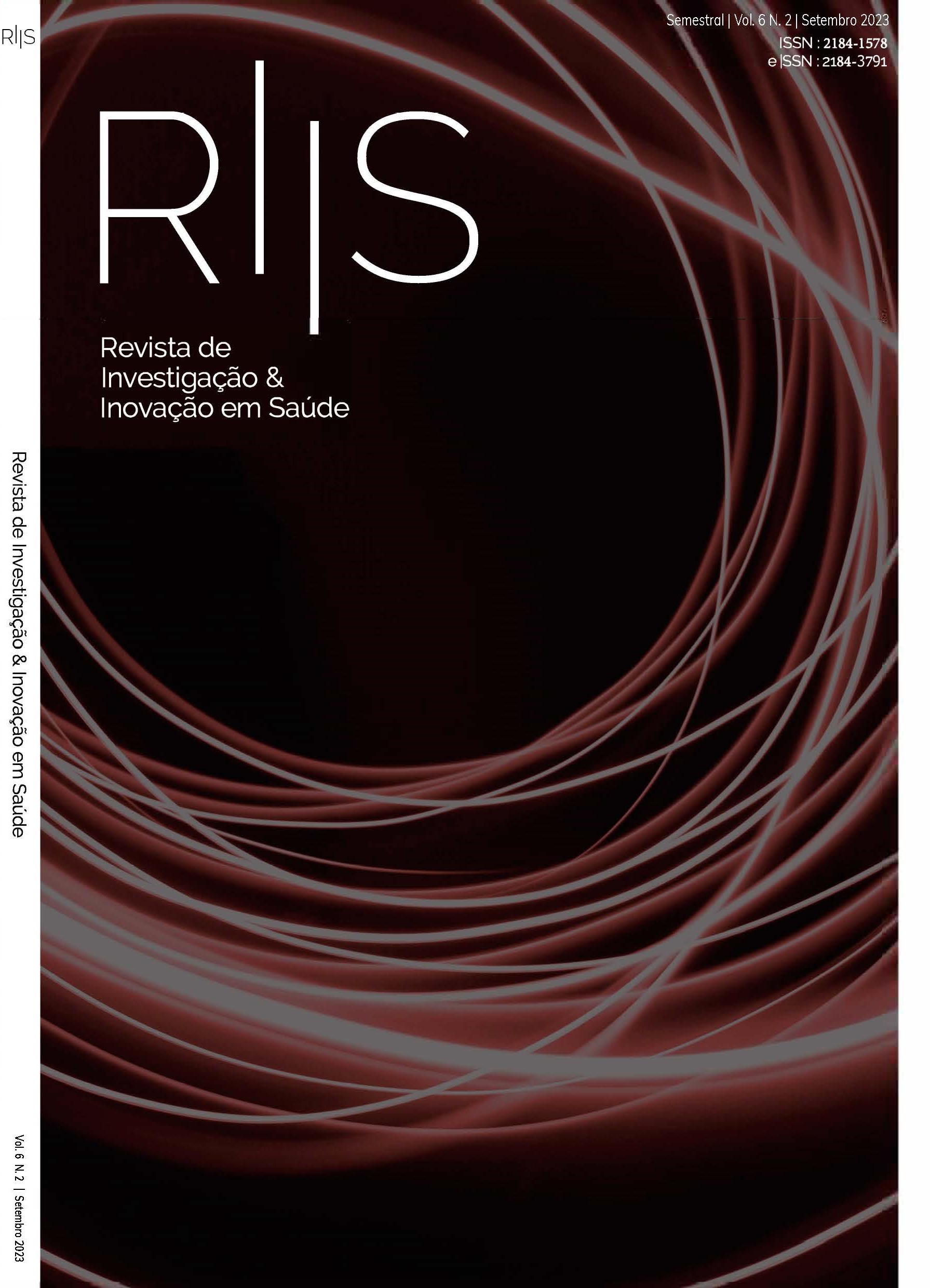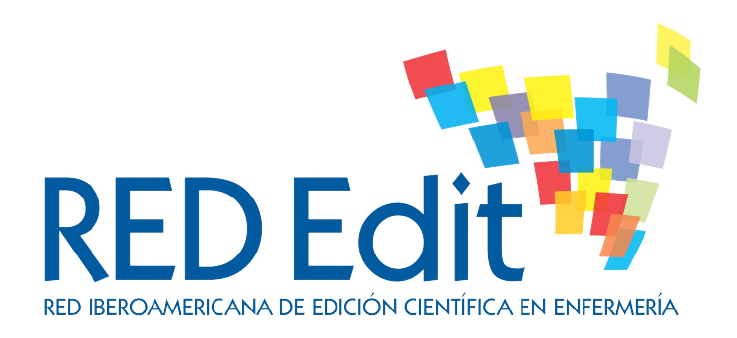Family self-care: theoretical essay for families with children with intellectual disability
DOI:
https://doi.org/10.37914/riis.v7i2.287Keywords:
self-care, family nursing, intellectual disability, chronic diseaseAbstract
Background: self-care arises in the family context, despite being seen as a determinant of individual health. The family, understood as a system and social unit, converges towards a pattern of self-care and not a sum of it. Objective: to convert individual self-care into family self-care, considering the needs and characteristics of families with children with intellectual development disorders, by adopting family self-care as the central concept of a standard of care. Methodology: theoretical essay reflecting on the concept of family self-care in the families identified, grounded in the Nursing Self-Care Theory, the Care Partnership Model, the Mid-Range Theory of Self-Care in Chronic Illness, and the General Systems Theory. Results: factors that influence the development of family self-care were identified, which precede four domains in constant interaction with the environment, society, and community. Through these, the family seeks to maintain, protect and/or promote health, mediated by monitoring and disease management behaviours. Conclusion: the families under analysis seek to achieve family health, maintaining it through health promotion and disease management practices, always mediated by family self-care behaviours.
References
American Psychiatric Association (2023). DSM-5-TR Manual de Diagnóstico e Estatística das Perturbações Mentais, (5ª ed). Climepsi Editores. ISBN 9789727963997.
Bastos, F., Cruz, I., Campos, J., Brito, A., Parente, P., & Morais, E. (2022). Representação do conhecimento em enfermagem – a família como cliente. Revista De Investigação & Inovação Em Saúde, 5(1), 81–95. https://doi.org/10.37914/riis.v5i1.213 DOI: https://doi.org/10.37914/riis.v5i1.213
Bertalanffy, L. V. (2015). General System Theory: Foundations, Development, Applications. Revised edition: George Braziller
Casey, A.A. (1988). A partnership with child and family. Senior Nurse, 8, 8-9.
Farrell, M. (1992). Partnership in care: paediatric nursing model. British journal of nursing (Mark Allen Publishing), 1(4), 175–176. https://doi.org/10.12968/bjon.1992.1.4.175 DOI: https://doi.org/10.12968/bjon.1992.1.4.175
Figueiredo, M. H. (2012). Modelo dinâmico de avaliação e intervenção familiar - uma abordagem colaborativa em enfermagem de família. Lusociência.
Gray, V. R. (1996). Family Self-Care in Bomar, P. (Second Edition). Nurses and Family Health Promotion: Concepts, Assessment, and Interventions, W. B. Saunders Company.
Hockenberry, M.J. & Wilson, D. (2018). Wong's Nursing Care of Infants and Children. Mosby Elsevier. ISBN: 9780323549394.
International Council of Nurses (2012). Code of Ethics for Nurses. https://www.icn.ch/sites/default/files/inlinefiles/2012_ICN_Codeofethicsfornurses_%20eng.pdf
International Self-Care Foundation [ISF]. (2023). A manifesto for self-care. https://isfglobal.org/a-manifesto-for-self-care/
Kruithof, K., Willems, D., Van Etten‐ Jamaludin, F., & Olsman, E. (2020). Parents' knowledge of their child with profound intellectual and multiple disabilities: An interpretative synthesis. Journal of Applied Research in Intellectual Disabilities; 33(6), 1141-1150. https://doi.org/10.1111/jar.12740 DOI: https://doi.org/10.1111/jar.12740
Lopes, M., Goes, M., Pinho, L., & Gouveia, C. (no prelo). O processo de envelhecimento na perspetiva do curso de vida: Transições e percursos de cuidados. In C. Sequeira, L. Sousa & O. Araújo (coord.) Enfermagem em Geriatria e Gerontologia. Lidel
Martins, T., & Brito, A. (2021). Autocuidado: Uma Abordagem Com Futuro Nos Contextos De Saúde. Escola Superior de Enfermagem do Porto. ESEP.
Martínez, N., Connelly, C. D., Pérez, A., & Calero, P. (2021). Self-care: A concept analysis. International Journal of Nursing Sciences, 8(4), 418–425. https://doi.org/10.1016/j.ijnss.2021.08.007 DOI: https://doi.org/10.1016/j.ijnss.2021.08.007
Mas, J. M., Dunst, C. J., Balcells-Balcells, A., Garcia-Ventura, S., Giné, C., & Cañadas, M. (2019). Family-centered practices and the parental well-being of young children with disabilities and developmental delay. Research in Developmental Disabilities; 94, 103495. https://doi.org/10.1016/j.ridd.2019.103495 DOI: https://doi.org/10.1016/j.ridd.2019.103495
Matarese, M., Lommi, M., Marinis, M. G., & Riegel, B. (2018). A Systematic Review and Integration of Concept Analyses of Self-Care and Related Concepts. Journal of Nursing Scholarship: an official publication of Sigma Theta Tau International Honor Society of Nursing, 50(3), 296–305. https://doi.org/10.1111/jnu.12385 DOI: https://doi.org/10.1111/jnu.12385
Orem, D. (2001). Nursing: Concepts of Practice (6th ed.): Mosby.
Patel, D. R., Cabral, M. D., Ho, A., & Merrick, J. (2020). A clinical primer on intellectual disability. Translational pediatrics; 9(Suppl 1), S23-S35. DOI: 10.21037/tp.2020.02.02. DOI: https://doi.org/10.21037/tp.2020.02.02
Riegel, B., Jaarsma, T. & Strömberg, A. (2012). A middle-range theory of self-care of chronic illness. ANS. Advances in nursing science; 35(3), 194–204. https://doi.org/10.1097/ANS.0b013e318261b1ba DOI: https://doi.org/10.1097/ANS.0b013e318261b1ba
Riegel, B., Dunbar, S. B., Fitzsimons, D., Freedland, K. E., Lee, C. S., Middleton, S. & Jaarsma, T. (2021). Self-care research: where are we now? Where are we going? International journal of nursing studies, 116, 103402. https://doi.org/10.1016/j.ijnurstu.2019.103402 DOI: https://doi.org/10.1016/j.ijnurstu.2019.103402
Sanders, M. R., & Mazzucchelli, T. G. (2018). How parenting influences the lives of children. In The Power of Positive Parenting. Transforming the Lives of Children, Parents and Communities Using the Triple P System. Oxford University Press. DOI: https://doi.org/10.1093/med-psych/9780190629069.003.0002
Seltzer, (2019). Family Change and Changing Family Demography. Demography, 56, 405–426. https://doi.org/10.1007/s13524-019-00766-6 DOI: https://doi.org/10.1007/s13524-019-00766-6
Tulu, S. N., Cook, P., Oman, K. S., Meek, P., & Kebede Gudina, E. (2021). Chronic disease self-care: A concept analysis. Nursing Forum, 56(3), 734–741. https://doi.org/10.1111/nuf.12577 DOI: https://doi.org/10.1111/nuf.12577
World Health Organization [WHO] (2022). WHO guideline on self-care interventions for health and well-being, 2022 revision. https://www.who.int/publications/i/item/9789240052192
Wright, M. L. & Leahey M. (2012). Nurses and families: A guide to family assessment and intervention (6th ed.) Philadelphia: F.A. Davis Company.
Downloads
Published
How to Cite
Issue
Section
License
Copyright (c) 2024 Teresa Dionísio Mestre, Ermelinda Caldeira, Manuel Lopes

This work is licensed under a Creative Commons Attribution 4.0 International License.















